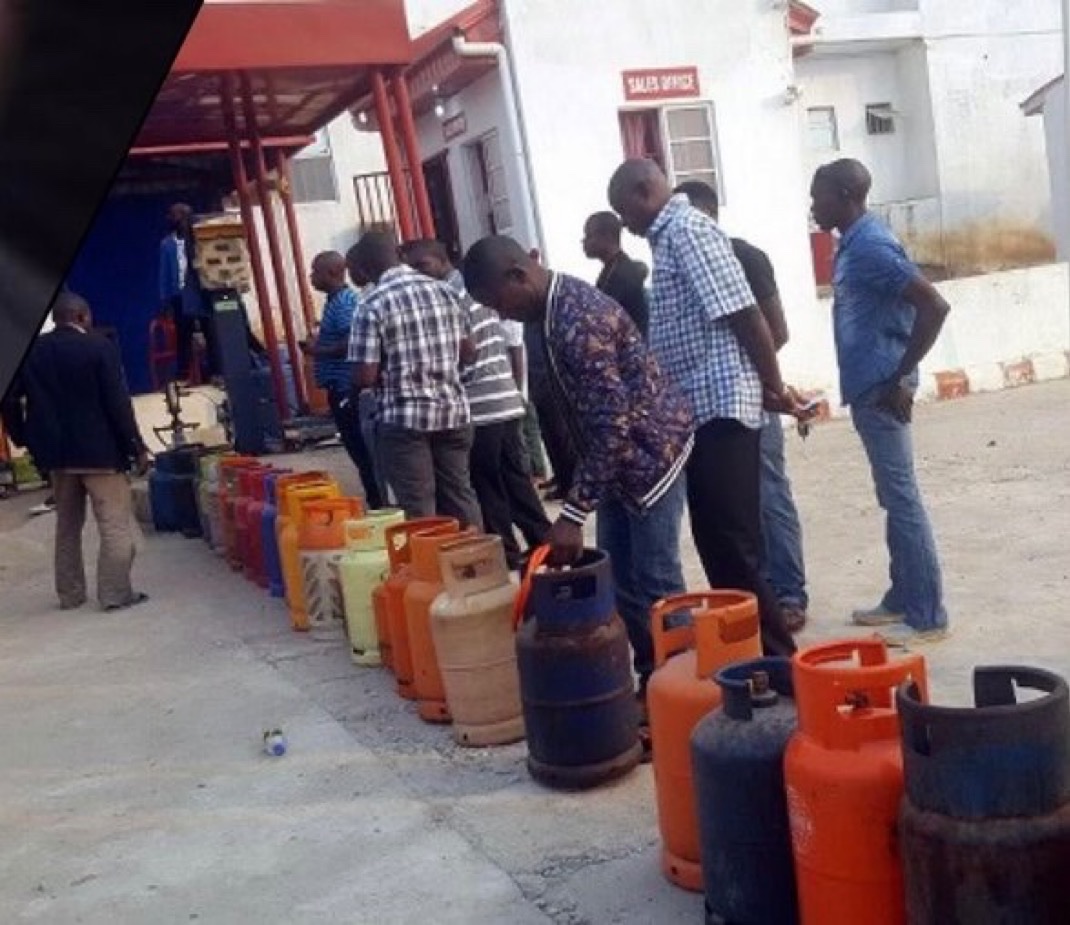President Bola Ahmed Tinubu has formally requested the Nigerian Senate to approve a fresh ₦1.15 trillion domestic loan to help finance the deficit contained in the proposed 2025 national budget. The request, which was read on the Senate floor by Senate President Godswill Akpabio, has generated heightened attention from lawmakers, contractors, economists, and the public due to the strategic implications for national spending, debt sustainability, and ongoing economic reforms.
The borrowing is expected to come from the domestic debt market and forms a critical component of the government’s broader strategy to stabilize the economy, stimulate activity across critical sectors, and honor verified financial obligations owed to local contractors.
Why the Loan Request Matters
Nigeria’s 2025 budget, like previous annual budgets, features a significant revenue-to-expenditure mismatch. This shortfall—driven by slow revenue growth, reliance on oil earnings, volatile external conditions, currency depreciation, and rising obligations—necessitates borrowing to prevent interruptions in public spending.
The ₦1.15 trillion loan request is therefore not only a fiscal maneuver but also a strategic step to maintain project continuity and prevent further economic strain across industries that rely on government activity.
A Key Focus: Paying Local Contractors Owed Billions
A significant portion of the requested loan is earmarked to settle outstanding payments owed to local contractors across ministries, agencies, and public infrastructure projects. The All Indigenous Contractors Association of Nigeria (AICAN) has repeatedly raised alarm over the government’s delayed payments, noting that many contractors have executed and completed projects but have not received due payments.
The association estimates:
- Verified contractor debts stand at ₦760 billion
- Broader unpaid obligations across agencies could exceed ₦4 trillion
- Many indigenous firms are facing bankruptcy
- Some businesses are losing equipment, properties, and workforce due to bank loan defaults
AICAN members recently protested at the National Assembly, insisting that no new government project should be initiated without adequate and guaranteed mobilization funds. They emphasized that the survival of indigenous contractors is directly linked to job creation, local industry development, engineering capacity growth, and Nigeria’s infrastructure sustainability.
Senate Response and Next Steps
Following the president’s request, the Senate referred the loan proposal to the Committee on Local and Foreign Debt, chaired by Senator Aliyu Wammako. The committee is expected to analyse the loan request, engage relevant ministries, and present a report back to the full Senate within one week.
Lawmakers are likely to scrutinise key issues such as:
- Transparency in allocation and disbursement
- Project prioritization and expenditure tracking
- The sustainability of Nigeria’s rising domestic debt profile
- Assurance that contractor payments will be immediate and verifiable
- The broader economic impact of increased borrowing
Economic Implications and Public Interest Concerns
Nigeria’s public debt has been steadily rising, with domestic borrowing now playing a major role in government financing. While domestic loans avoid foreign exchange risk, they often:
- Increase pressure on the banking and capital markets
- Raise domestic interest rates
- Crowd out private sector borrowing
- Add to future repayment obligations
However, analysts note that failure to settle contractor debts could stall infrastructure projects, suppress job creation, shrink local business capacity, and deepen economic hardship.
In effect, the government faces a strategic balancing act: borrow to sustain economic momentum now, while ensuring that the long-term burden does not undermine future fiscal stability.
Contractor Payment Issue as an Economic Stability Factor
The unpaid contractor issue is more than a bureaucratic delay; it affects thousands of workers, suppliers, engineers, sub-contractors, and manufacturing input chains. When contractors do not receive payment:
- Wages go unpaid
- Businesses default on loans
- Equipment leasing firms suffer losses
- Small and medium enterprises lose financial liquidity
Timely payment could, therefore, stimulate local economies, preserve jobs, and restart stalled projects across states.



